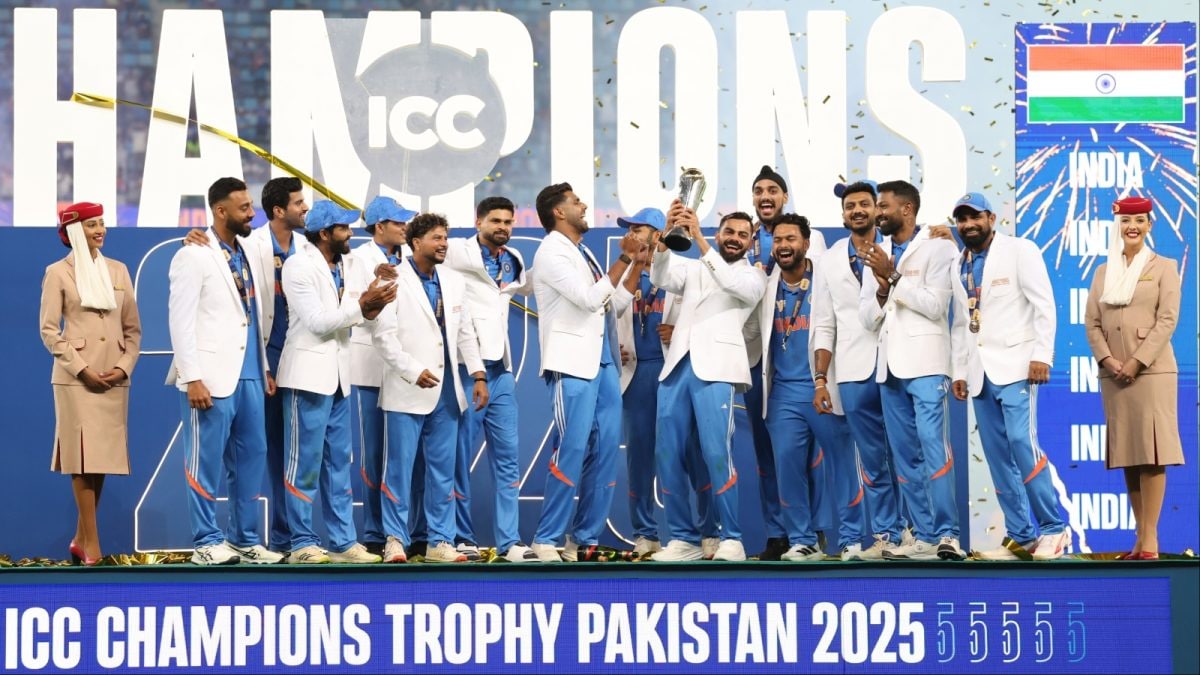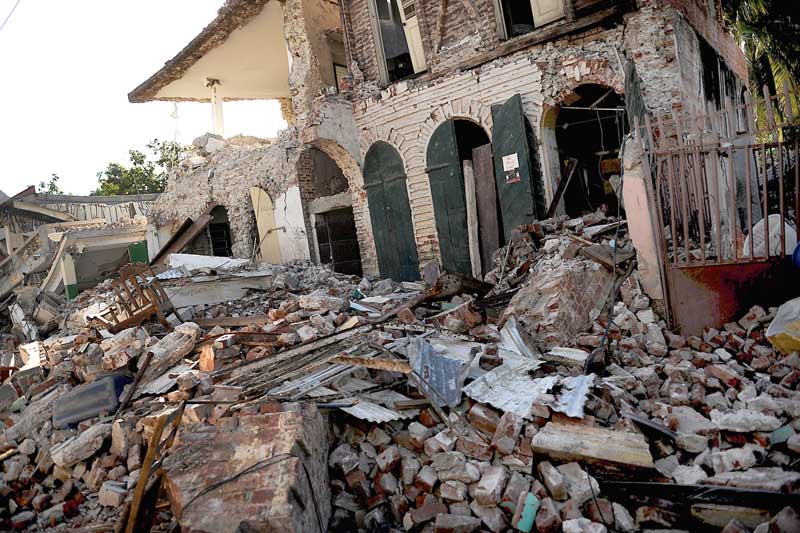On this day, 23rd September: The End of the Indo-Pakistani War – 1965

The Indo-Pakistani War of 1965, the second major conflict between India and Pakistan since their independence in 1947, officially ended on September 23, 1965, following a United Nations-mandated ceasefire. The war was primarily fought over the disputed territory of Jammu and Kashmir, and its conclusion came after intense diplomatic efforts by the United Nations and major powers like the United States and the Soviet Union.
Background of the War:
The roots of the 1965 conflict lay in the unresolved issue of Kashmir, which had been a source of tension between India and Pakistan since partition. Kashmir, a princely state with a Muslim-majority population but a Hindu ruler, acceded to India in 1947, leading to the First Indo-Pakistani War (1947–1948). That war ended with a ceasefire and the establishment of the Line of Control (LoC), dividing Kashmir into parts controlled by India and Pakistan.
However, the underlying dispute over Kashmir remained unresolved, and tensions simmered throughout the 1950s and early 1960s. By 1965, both nations had rebuilt their military capacities, and Pakistan sought to take advantage of perceived weaknesses in India after the latter's defeat in the 1962 Sino-Indian War.
Course of the War:
- The conflict began in April 1965 with a series of skirmishes over the Rann of Kutch, a disputed area in the Gujarat region. However, the main war broke out in August 1965 when Pakistan launched Operation Gibraltar, sending troops and infiltrators into Jammu and Kashmir to incite rebellion among the local population.
- India responded with a full-scale military offensive, crossing the international border and targeting Pakistani positions in Kashmir and Punjab. Major battles were fought in key areas such as Akhnur, Lahore, and the strategic pass of Khem Karan.
- Both nations deployed their armies, air forces, and navies in a conflict that extended beyond Kashmir into the broader Punjab region. The fighting was intense, with tanks and aircraft playing significant roles in battles like the Battle of Asal Uttar, where India halted Pakistan's advance.
Ceasefire and Conclusion:
After nearly a month of heavy fighting, both sides were facing significant losses, and international pressure mounted for a peaceful resolution. The United Nations Security Council intervened, calling for an immediate ceasefire. On September 22, 1965, the UN passed Resolution 211, demanding a cessation of hostilities and a return to the pre-war positions along the international border and the Line of Control in Kashmir.
Both India and Pakistan agreed to the ceasefire, which took effect on September 23, 1965, though sporadic fighting continued for a short time after. The war ended in a military stalemate, with neither side making significant territorial gains, although both countries claimed victory. In reality, the war only deepened the animosity between the two nations, and the Kashmir issue remained unresolved.
Aftermath and Tashkent Agreement:
The war’s end led to the signing of the Tashkent Agreement in January 1966, brokered by Soviet Premier Alexei Kosygin. Under the agreement:
- Both sides agreed to withdraw their forces to pre-war positions.
- Diplomatic relations were restored, and efforts were made to normalize relations.
- The leaders of India and Pakistan, Lal Bahadur Shastri (India) and Ayub Khan (Pakistan), reaffirmed their commitment to peaceful coexistence, though no permanent solution to the Kashmir dispute was achieved.
The Tashkent Agreement ended the immediate hostilities but did not resolve the underlying tensions. The conflict contributed to significant shifts in both countries:
- India emerged with a more assertive foreign policy and greater military confidence.
- Pakistan, which had banked on international intervention to resolve the Kashmir issue, felt disappointed by the outcome and saw increasing domestic discontent, eventually leading to political instability.
Legacy:
The 1965 war shaped the subsequent trajectory of India-Pakistan relations. While the conflict was relatively short, it intensified the Kashmir dispute, leading to further hostilities in 1971 and a cycle of conflict and uneasy peace that persists to this day.
The war also had domestic consequences. In India, Prime Minister Lal Bahadur Shastri, who played a key role during the war, became a national hero but died suddenly in Tashkent just after signing the agreement. In Pakistan, President Ayub Khan faced growing internal challenges, and the war contributed to his eventual ousting in 1969.
Overall, the Indo-Pakistani War of 1965 remains a crucial chapter in the history of South Asia, underscoring the enduring rivalry between the two neighbors and the persistent volatility of the Kashmir issue.





